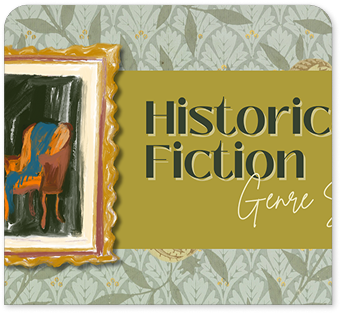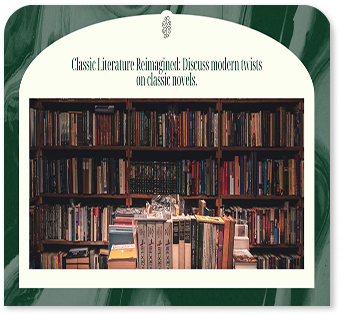-
Mon-Fri: 10AM to 8PM 01722665665
-
My Account
-
-
0
Total :
₹ 0.00

The book includes significant prose and drama pieces such as "The Judgement Seat of Vikramaditya," "The Selfish Giant," and "The Proposal," among others.
It provides clear summaries, theme analyses, character evaluations, and critical insights, helping students grasp various literary expressions and their significance.
Yes, it serves as an invaluable resource for students preparing for their exams, enhancing understanding and retention of key concepts.
The book offers in-depth textual analysis and critiques, engaging summaries, and the connection of themes and characters to foster critical thinking skills.
While it primarily focuses on textual notes, it emphasizes understanding and critical analysis, which can be helpful for practical assignments.
The book covers two semesters: Semester 3 includes prose works like “Engine Trouble” and “Uncle Podger Hangs a Picture,” while Semester 4 includes “The Conjuror’s Revenge” and “The Position of Women in Ancient India.”
Students learn various writing skills, including letter writing, formal reports, précis writing, and advertisements relevant to product promotion.
Yes, the syllabus includes lessons on email formatting, presentations, listening techniques, and non-verbal communication.
By analyzing character developments and themes, the book encourages students to think critically about the texts and their contexts.
Absolutely! It is designed to enhance understanding and appreciation of literature, making it an excellent resource for independent study.
No Description Added
The book includes significant prose and drama pieces such as "The Judgement Seat of Vikramaditya," "The Selfish Giant," and "The Proposal," among others.
It provides clear summaries, theme analyses, character evaluations, and critical insights, helping students grasp various literary expressions and their significance.
Yes, it serves as an invaluable resource for students preparing for their exams, enhancing understanding and retention of key concepts.
The book offers in-depth textual analysis and critiques, engaging summaries, and the connection of themes and characters to foster critical thinking skills.
While it primarily focuses on textual notes, it emphasizes understanding and critical analysis, which can be helpful for practical assignments.
The book covers two semesters: Semester 3 includes prose works like “Engine Trouble” and “Uncle Podger Hangs a Picture,” while Semester 4 includes “The Conjuror’s Revenge” and “The Position of Women in Ancient India.”
Students learn various writing skills, including letter writing, formal reports, précis writing, and advertisements relevant to product promotion.
Yes, the syllabus includes lessons on email formatting, presentations, listening techniques, and non-verbal communication.
By analyzing character developments and themes, the book encourages students to think critically about the texts and their contexts.
Absolutely! It is designed to enhance understanding and appreciation of literature, making it an excellent resource for independent study.


